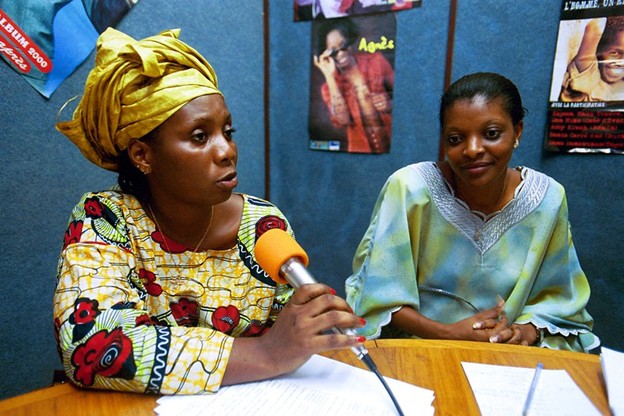Raquel Fernández
We have come a long way in understanding how women and the economy interact. What was once a topic reserved for sociologists is now widely acknowledged as central to economic research and policy. Today, we recognize that economics does not exist in a vacuum—both the institutional environment, including legal frameworks, and the cultural landscape play a crucial role in shaping economic opportunities. These factors are essential not only for the full participation of women in the economy and society but also for men, whose outcomes are also affected, sometimes negatively, by cultural norms.
The research presented in this conference covered a wide range of critical issues, from politics to intimate partner violence, from childcare to workplace discrimination, from the division of labor in households to the influence of culture within firms. These discussions pushed us to reflect on fundamental questions: When does legal change lead and culture follow, and when does cultural change first prompt legal reforms? Are there instances where changing laws or introducing policies to enhance women’s participation is counterproductive? And if backlash occurs, is it a short-term cost for a long-term gain? When are legal reforms without accompanying policies ineffective, and when are policies the primary drivers of change?
Answering these questions requires robust data. The World Bank’s Women, Business and the Law database, covering 190 countries over five decades, provides a powerful tool to examine the evolution of legal frameworks and the extent to which men and women are treated equally under the law. The insights shared in the papers presented at the conference have helped deepen our understanding of the complex relationship between gender, law, and economic development. By engaging with these discussions, we continue to build a foundation for more informed policies and research that can drive meaningful change.
Norman Loayza
The presentations in the conference highlight inputs from leading experts on how legal rights and social norms impact women's ability to access and participate actively in politics, entrepreneurial activities and the workforce.
Claudia Goldin, the 2023 Nobel laureate in Economics, observed that the rise of women into high-level jobs in the U.S. during the 1960s was no accident. It was the result of a gradual but persistent expansion of legal rights.
"Even if the laws didn’t directly increase women’s earnings, they improved their lives and expanded their opportunities," Goldin noted. "Workplaces became safer, pregnancy was no longer grounds for dismissal, and women could not be denied jobs for having children. They also gained better access to education and resources from an early age."
This insight aligns with the work of Daron Acemoglu, Simon Johnson, and James Robinson, the 2024 Nobel Prize winners in Economics. Their research underscores that inclusive institutions drive prosperity. Institutions are truly inclusive when they empower rather than restrict women—who make up half the world's population. And when half the world prospers, the benefits extend to everyone.
